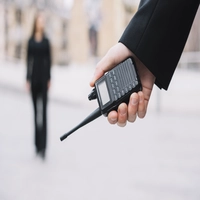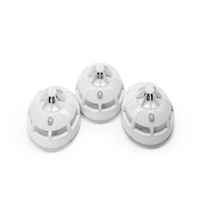

GEOPHYSICAL INVESTIGATION FOR GROUND WATER POTENTIAL EVALUATION ON AN AQUIFER IN A TYPICAL BASEMENT TERRAIN USING ELECTRICAL RESISTIVITY METHOD IN BARINGO COUNTY
Original price was: KShs 1,500.00.KShs 500.00Current price is: KShs 500.00.
ABSTRACT
This study presents a geophysical investigation aimed at evaluating the groundwater potential of an aquifer within a typical basement terrain using the electrical resistivity method.The research was conducted in Baringo County,an area known for its geological complexities and challenges in groundwater resource exploration. The electrical resistivity method was chosen due to its ability to provide valuable subsurface information by measuring the electrical properties of the rocks and sediments. The study employed a combination of vertical electrical sounding (VES) and electrical resistivity tomography (ERT) techniques to map the subsurface resistivity variations and infer the presence of potential grounwater-bearing zones. Groundwater in this region is unexploited due to challenges of undefined nature of fault lines and presence of underground geysers. This study was carried out with the aim of investigating the groundwater potential and to characterize water bearing formation in Baringo County using electrical resistivity method. Vertical electrical sounding (VES) method was applied using Schlumberger electrode configuration to determine the vertical variation of resistivity with depth and to delineate probable aquifers that can be developed into productive boreholes. A total of 28 VES points were probed along five Horizontal Electrical Profiles (HEP) within an area of about 19.2 km2 using an ABEM SAS terrameter 1000/4000. The collected data was analysed using IP2WIN software and Surfer 8 Golden software which revealed the presence of 3-6 interpretable geoelectric layers which were categorized into three inhomogeneous formations corresponding to the existing borehole data within the study area. The results of this study shows that groundwater potentials along the sedimentary basin is good for development at shallow depths ranging between 35 m – 50 m located at the mid-central and the stretch towards south east of the study area while the basement rock with low resistivity values and high geothermal gradient is good for geothermal exploration. Based on the geological setting and the resistivity results of this study, it is highly recommended that chemical analysis for potable groundwater should be carried out after drilling in order to ascertain on its quality.





Reviews
There are no reviews yet.